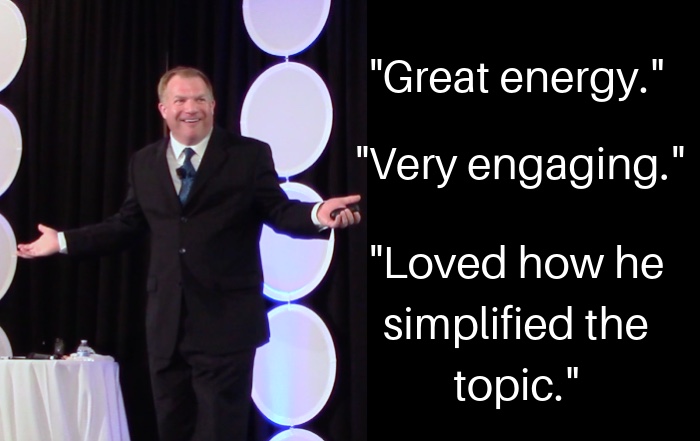 Your simple solutions to problems could create unintended consequences at work. Often these are new problems that could end up hurting employee engagement.
Your simple solutions to problems could create unintended consequences at work. Often these are new problems that could end up hurting employee engagement.
At one TV station, where I worked, ownership did not pay the market rate for news anchors. In order to attract talent, while the anchors were offered less money, they received more paid vacation time.
For many, this was a good trade. News can be a stressful business and the extra time off with family was more important than earning a few more dollars.
So it sounds like management came up with a smart solution for a tight budget. They may have honored the bottom line but the decision created unintended consequences.
The entire station was run on a tight budget and staffing had little depth. You need a certain amount of people to put on a newscast. Taking someone out of the mix, when staffing is lower than it should be, created problems.
It’s not like Broadway, where actors have understudies, waiting in the wings to take the stage. Most days in news are pressure-packed, unpredictable, and everyone has to honor immovable deadlines.
When an anchor would go on vacation, a colleague would fill in for that person. This created a domino effect throughout the newsroom, where people were having to fill in for others or do more work.
Over time, you realized that whenever an anchor would go on vacation, your work life would get worse. His or her vacation would be a stressful time for you.
Perhaps, for the owners, this was an acceptable trade. But for employees, burnout was on the rise and many started to look and leave for new jobs. That drain of talent would affect the on-air product and down the road, station revenue.
Are you making decisions that produce unintended consequences at work? Consider these tips:
Best Scenario, Worst Scenario
I’m pretty sure the owners considered the cost savings of lower news anchor salaries but never about the impact those deals could have on the newsroom.
It’s smart to think through the good and the bad of any decision. Too often, we only consider the benefits. It’s not being pessimistic to think about what could go wrong. It’s good business.
Reevaluate the Decision
When you make a big decision, pick a date in the future when you’ll reevaluate it. Put it on the calendar. Something that looks great on a spreadsheet may not work as well in the office. It’s okay to try something new but later admit the idea has it shortcomings.
Often, a decision is not reconsidered until it’s producing massive problems. Think of it like a leaky faucet. You want to repair it when it’s first dripping, rather than when it’s become a fountain.
What’s the Root Cause?
For the TV station, the root cause of the problem was a lack of financial resources. While news organizations need to make profit, cutting corners can come at a price.
In your organization, think about whether your solution solves the problem or just puts a bandage on it.
The bigger issue may require a lot more time and a more complicated solution. It may be a better bad option. But it can also provide a roadmap to a better outcome.






